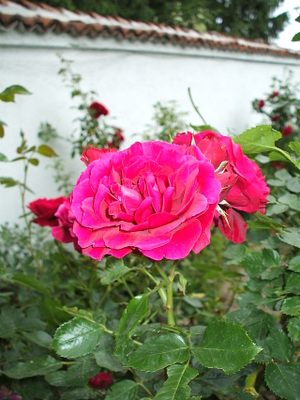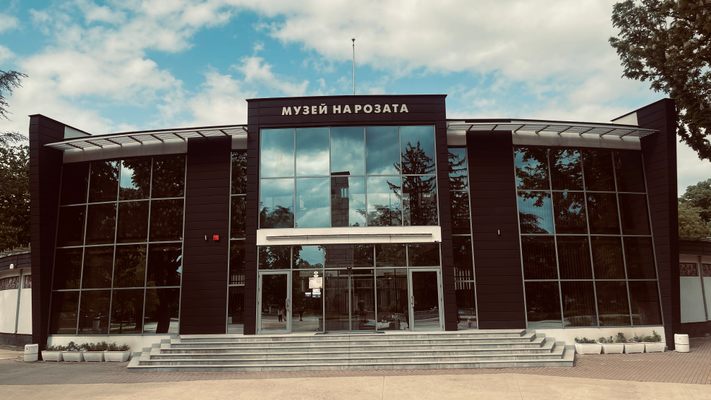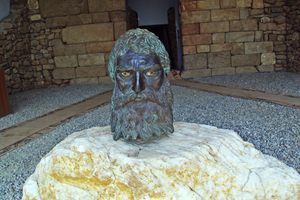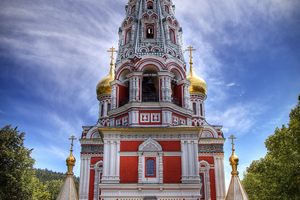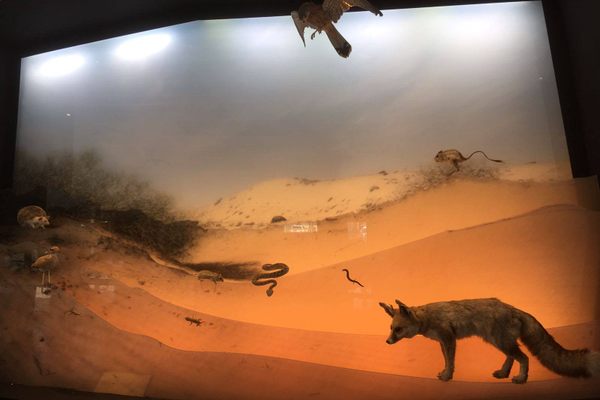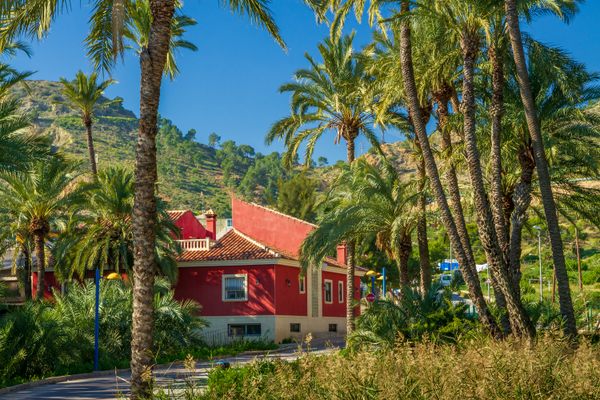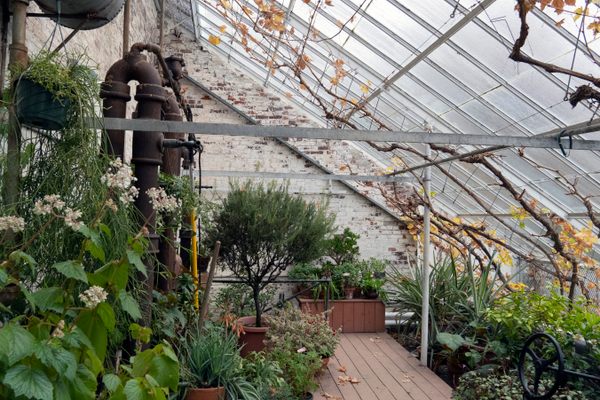About
Part of the larger historical museum in Kazaniak, Bulgaria, the Rose Museum started out as an exhibition temporarily staged to honor the region's relationship with the oil-producing flower.
Eventually, its popularity led to the Rose Museum becoming its own mini-museum, exploring every facet of Bulgaria's rose production industry. It is the only museum of its kind in the world, and digs into almost every aspect of rose oil and rose water production.
Rose-picking/producing has been an important industry in Bulgaria since at least 1650, when written evidence of industrial capacities of the plant were first recorded on paper. Its first export of rose oil was recorded in 1740, sold to a French perfume company as a raw material for the much-desired essential oils that acted as a key player in countless fragrances worn by the women of Europe.
Different types of Bulgarian rose oil are produced through a few different extraction methods. The steam distillation process allows for intermediate cooling and produces an oil called attar of roses, while a process of solvent extraction produces rose absolute, and supercritical carbon dioxide extraction produces an essential oil referred to as absolute or as a CO2 extract, which is the type most often used in perfumery.
The museum contains the reproductions of the first laboratory for rose oil studies as well as a 1912 rose warehouse. Photos, documents, and vessels for storing and transporting the precious oils are also popular attractions. A gem of the museum that is considered one of its biggest attractions is a vessel that still smells of the musky, floral fragrance despite being out of commission since the 1940's. The gift shop offers the usual museum fare alongside rose jam, rose liquor, and rose-scented cosmetics.
Related Tags
Know Before You Go
3km north of centre up ul Osvobozhdenie; take a taxi (3 lv one way), or bus 3 from Kazanlâk’s main square
Community Contributors
Added By
Published
June 6, 2014


